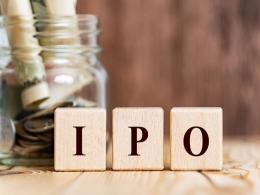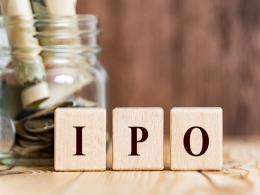Promoters of the country’s largest real estate firm DLF Ltd have sold shares worth Rs 3,860 crore ($780 million) representing 9.9% to institutional investors in the open market. The funds raised will be pumped into another privately held realty firm DLF Assets Ltd (DAL), which owes the public listed firm around Rs 4,900 crore ($1 billion). DLF Assets purchases commercial properties from DLF and leases them out.
The transaction was done at a price of Rs 230 per share, a discount of 2.6% to the previous day's closing price. It was executed by Deutsche Bank and JP Morgan. More importantly, this could boost the share price as the free float has gone up from 11.4% to 21.3% which would bring in new investors in the company.
Details of who were the buyers in the deal is not available yet but large existing institutional shareholders of DLF-- Capital International Fund, HSBC Holdings and Fidelity were among those who picked the stake.
Where Will The Money Go?
Around Rs 1,700-1,800 crore of the funds raised will be pumped into DAL which would in turn be used to cut pending payments to DLF and the rest (~Rs 2,000 crore) would be used to pay off hedge fund DE Shaw which has been looking to exit its $400 million investment in DAL.
DE Shaw had invested in DAL through mezzanine finance route for a fixed tenure, which is close to maturity and the investment fund was seeking redemption.
DLF’s increasing receivables from DAL has been one of the biggest concerns among investors and analysts. Earlier, DAL was considering various options to raise funds to pay back DLF such as mortgaging the lease rental it is expecting to generate through its properties.
Out of total pending receivables of Rs 4,900 crore from DAL, DLF will receive Rs 1,800 odd crore after this transaction and another Rs 2,000 crore will be paid by DAL through property leases this year. That would imply pending payment of Rs 1,000 crore.
DAL, originally planned as real estate investment trust (REIT), to be listed on the Singapore Stock Exchange, has investments from DE Shaw ($400 million) and the UK-based investment fund Symphony Capital ($650 million).






